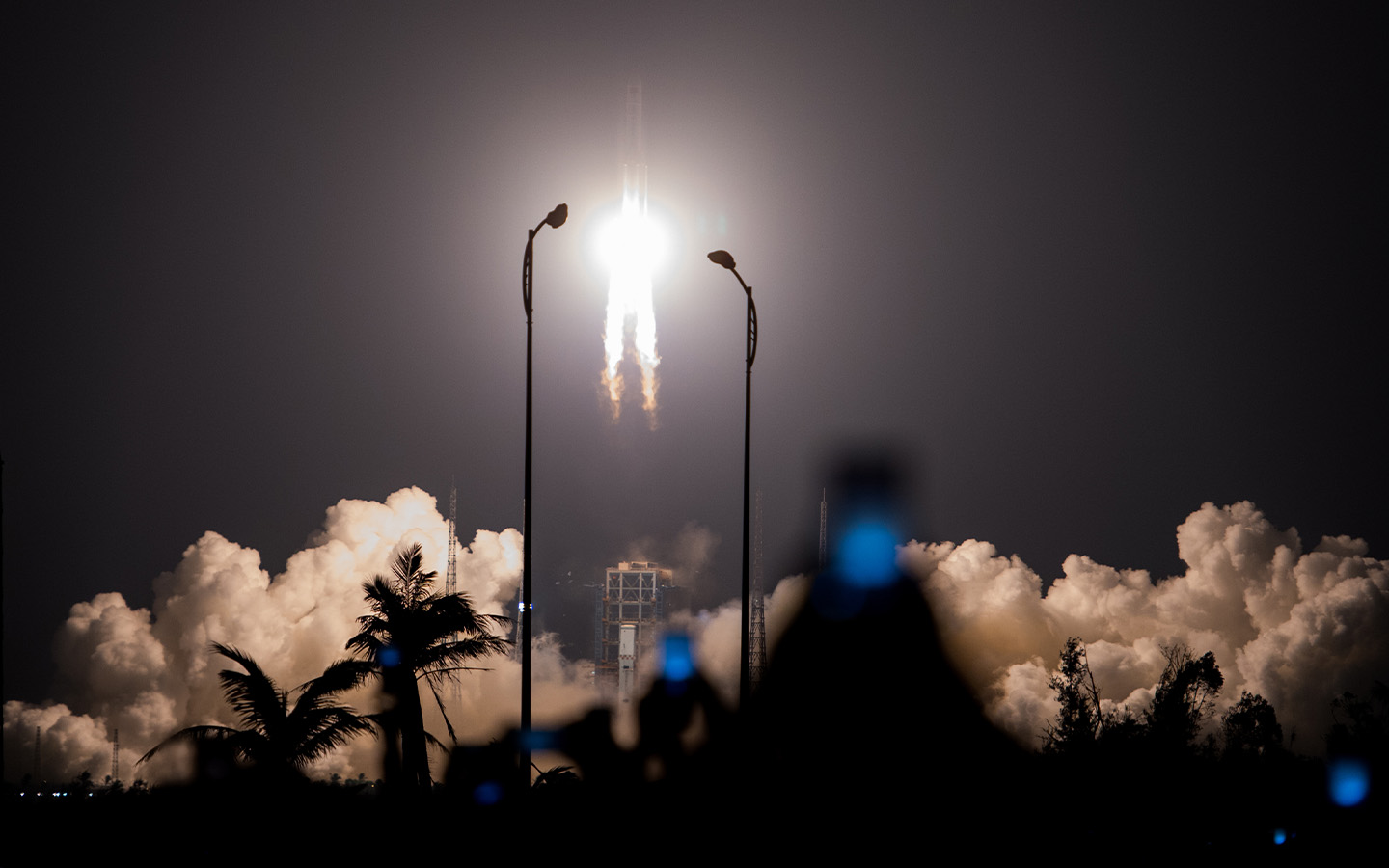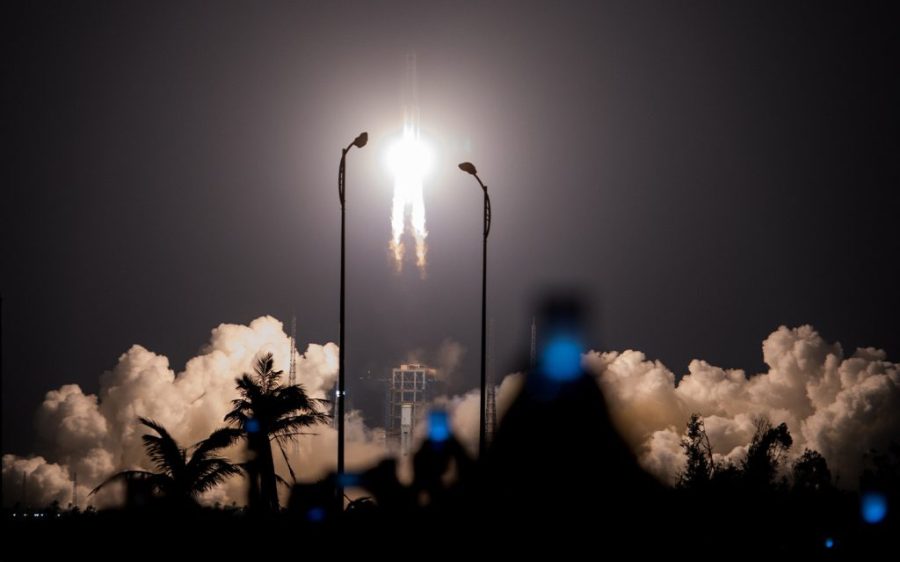China has unveiled its first national-level space programme, which it believes will see the country surpass US dominance in space by 2050, the South China Morning Post reports.
The ambitious road map was laid out on Tuesday by the China National Space Administration, China Manned Space Agency and Chinese Academy of Sciences (CAS). Wang Chi, director of the CAS National Space Science Centre, told reporters in Beijing that China would “become a world space science power in important fields by 2050.”
Officials highlighted 17 programme priorities, including the search for habitable planets and extraterrestrial life; research into the origin of the universe; better understanding the nature of gravity; and the study of quantum mechanics and general relativity.
[See more: China has unveiled the world’s first high-definition moon atlas]
The programme will be rolled out in three stages: from now until 2027, from 2028 to 2035, and from 2036 to 2050.
The first stage will focus on operating the Tiangong space station, implementing an existing manned lunar exploration project and a planetary exploration project, Xinhua reported. Between five and eight space science satellite missions are set to be approved during the period.
The second stage will focus on building a new international lunar research station and carrying out about 15 scientific satellite missions. In the third phase, China plans to launch over 30 space science missions.






